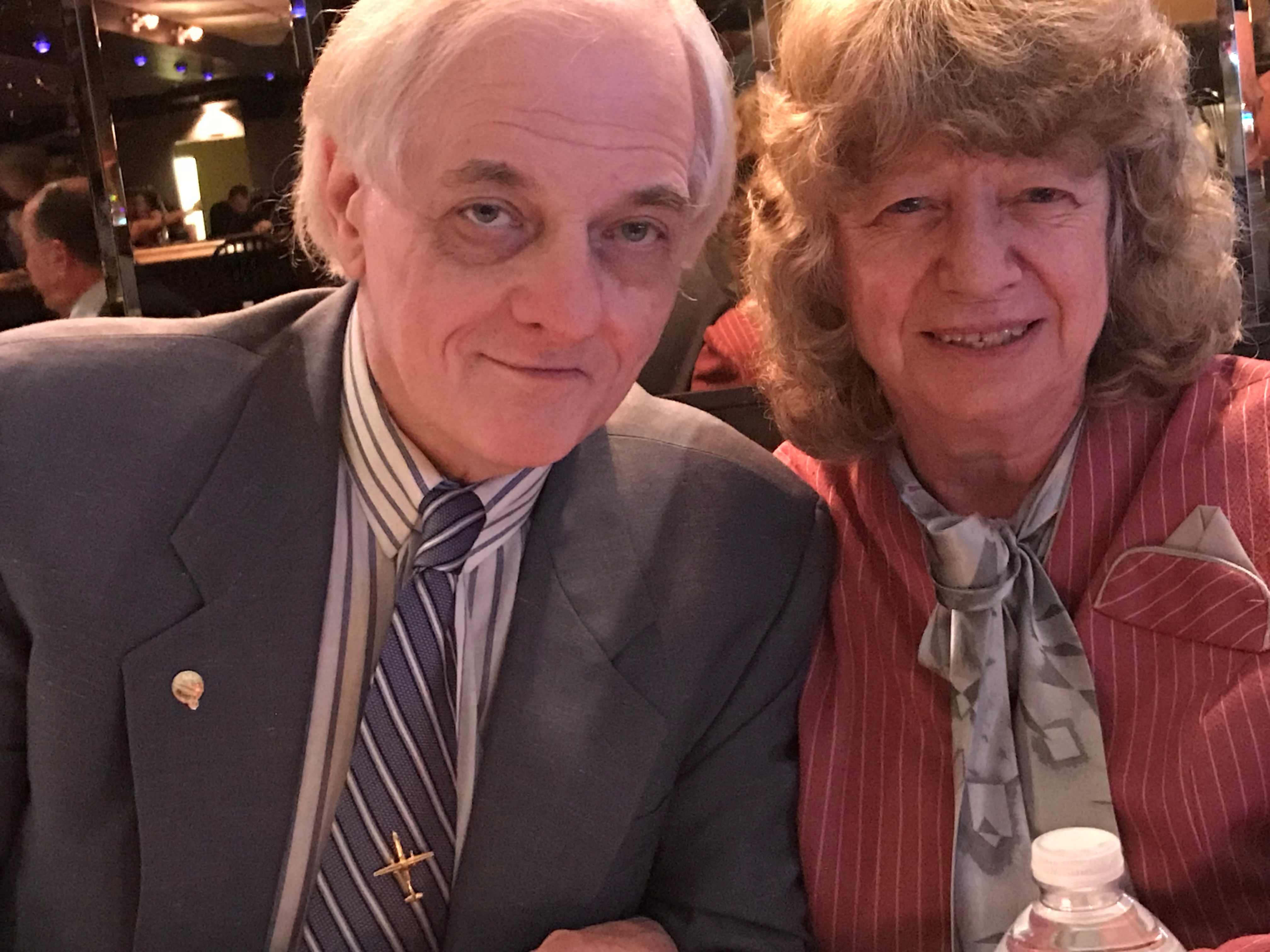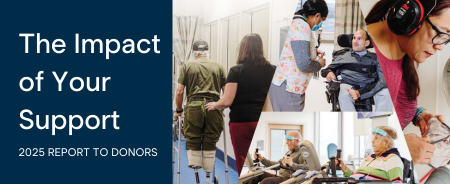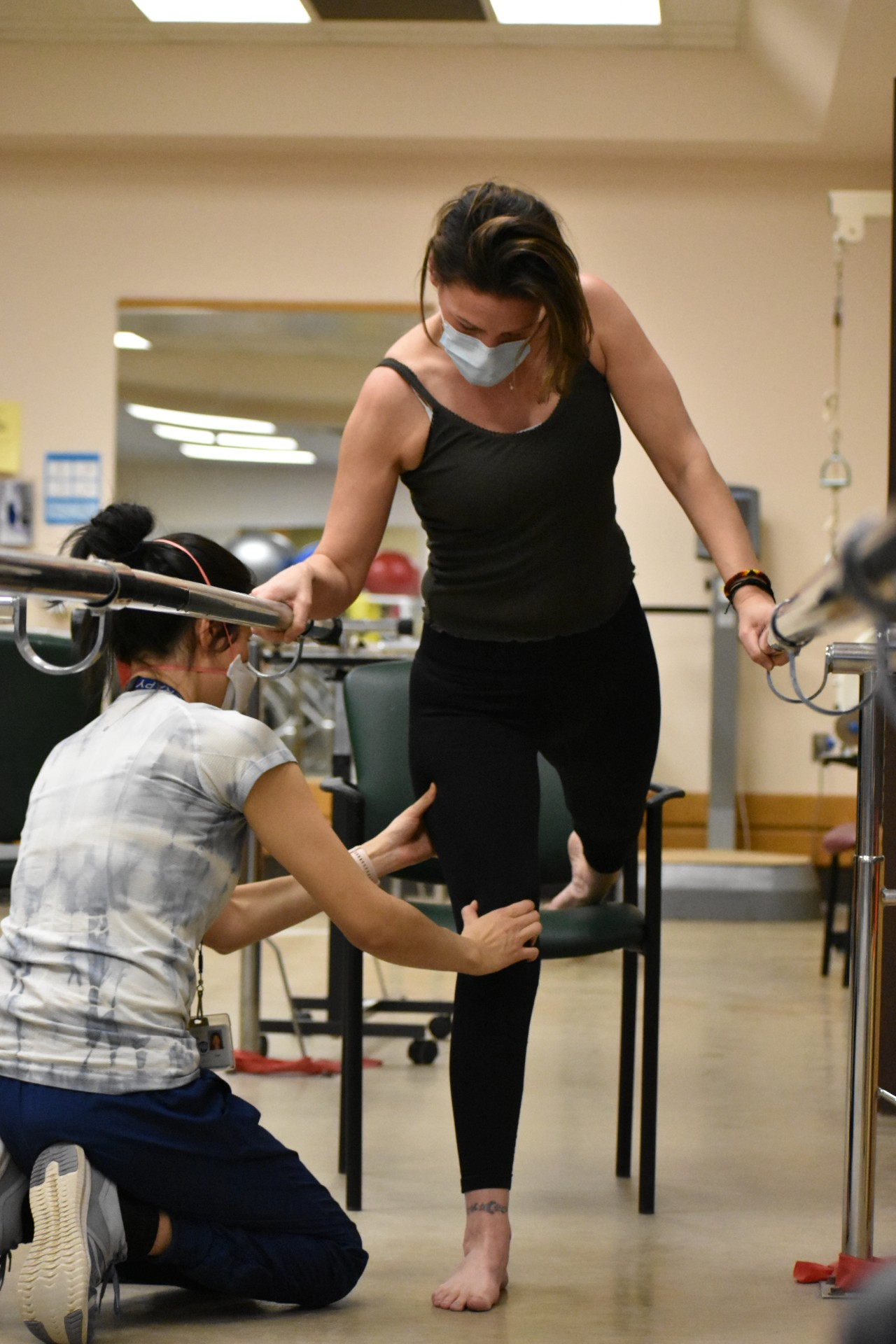
Spotlight: Shirley Cavanagh
Persistence and a positive attitude helps neuro patient recover
Shirley Cavanagh is 74 years young – her exact words – and deeply grateful for the rehabilitation she underwent at West Park after a severe bout of COVID pneumonia that left her with a brain bleed and seizures in the late winter of 2021.
After three weeks of acute care, she was transferred to West Park, where she would build back her mental and physical strength.

Shirley says she received “fantastic” physical and occupational therapy on the Neurological Rehabilitation Unit.
“The way they worked with me in therapy, it was so good,” she says. “It wasn’t too complicated, especially at the start. It was a gentle therapy that my mind could handle and understand. I had problems with numbers, problem-solving, confused about right/left, but that improved. The staff just helped me so much.
Diligent and methodical, Shirley measured her recovery in increments:
From strengthening her muscles; “I started off doing five leg lifts at a time. The next day I moved it up to 10. Each time each day I increased it more and more. By the end of my stay, I was able to do 25 at a time.”
To re-learning to tell time on a clock face; “The occupational therapists asked me, ‘when you look at the face of the clock, do you think you could put the numbers on the face of the clock where they should be?’ I could identify the 1, 3 and 6. They had to teach me about the long hand and short hand of the clock. So, the next time I had a session with them, they said ‘we’re going to give you a time – put your hands on the clock where that time is.’ And I was able to do that. Not fast – my brain needed to adjust.”
To walking unassisted;
“There was a clinic outside my unit, and I went around the clinic back to my room. At first, I could only do it five times. And then each day I would increase it by five. Each day I would keep a tab of ‘walkabouts.’ And the end of my time, I totaled the numbers, and I could do 100 walkabouts.”
With careful and steady progress, Shirley returned home after three weeks, able to walk unassisted and with significantly improved cognitive function.
At first, she would walk to her local Shoppers Drug Mart – a 40-minute round-trip – with the occasional break to sit down. And now, she’s done that 40-minute trip uninterrupted 10 times. She also walks to her nearby subway station – a 45-minute walk – unassisted. Keeping herself motivated, she says, “Everyday I just say, ‘okay Shirley, onward and forward we go.’
Thinking about her time back at the hospital, Shirley reflects, “I’m just so thankful that I recovered so well. Thankful that I was at West Park.”



